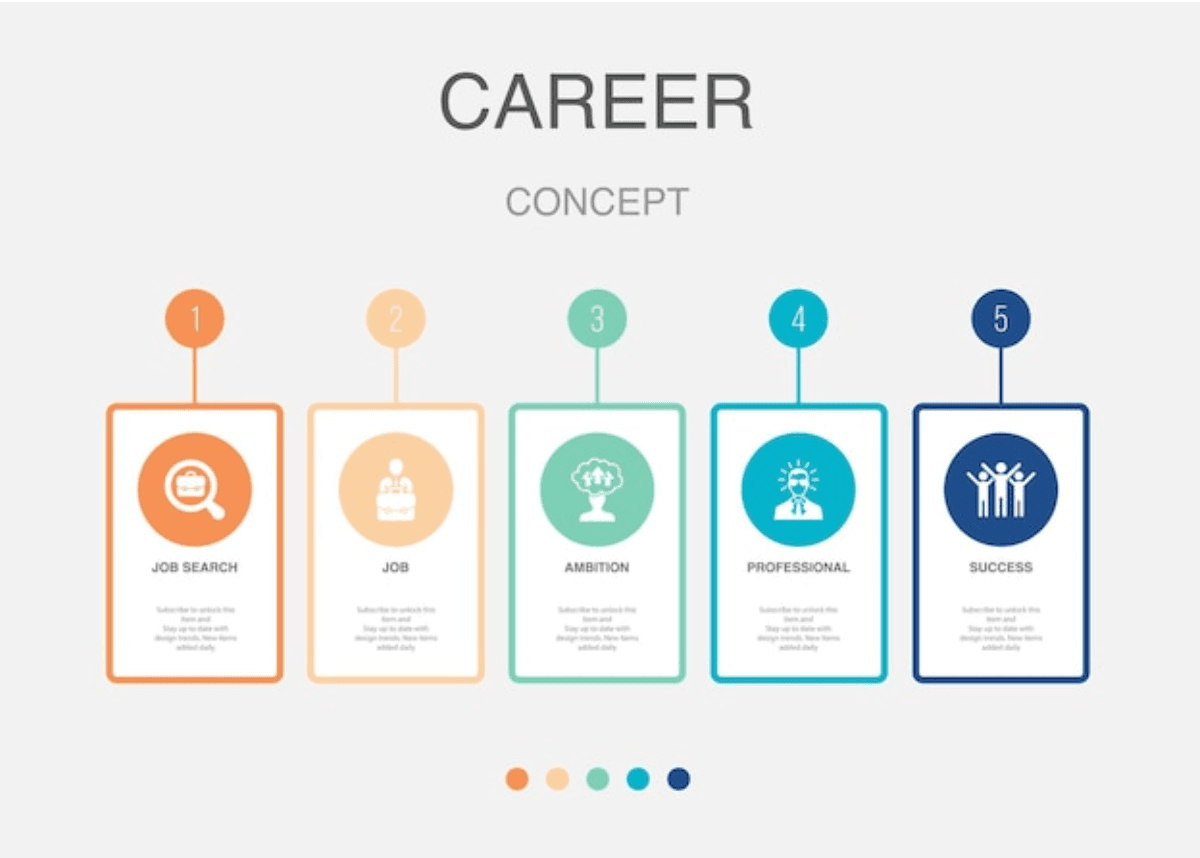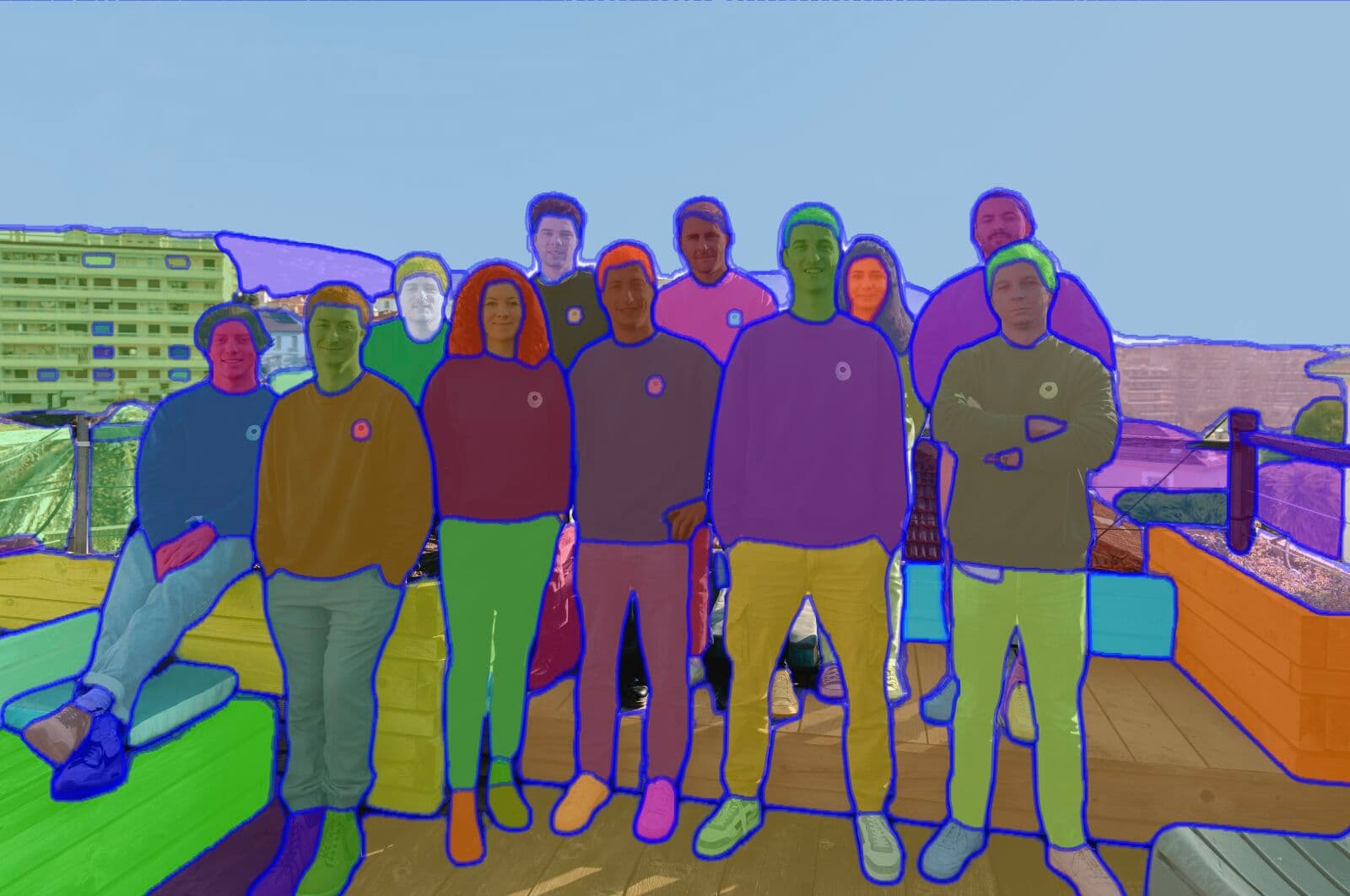5 Steps to Take To Start A Career in Computer Vision
Have you ever wondered how to break into the field of computer vision? Here are some cool tips on how to get started!
Picsellia Team
·4 min read

Ready to build computer vision?
Go from raw images to production models. Free trial, no credit card, cancel anytime.
 5 steps to take to start a career in computer vision
5 steps to take to start a career in computer vision
Have you ever wondered how to break into the field of computer vision? With the rise of artificial intelligence, computer vision has become an increasingly popular field for those interested in technology. The journey to becoming a computer vision specialist can be challenging, but with the right tools and resources, you can make progress. Start by researching the field, gain the necessary skills and knowledge, build a portfolio, network with others in the field, and pursue certifications. With dedication and focus, these steps will help you create a successful career in computer vision.
Research the Field of Computer Vision
Computer vision is the ability of machines to see their surroundings. It is a field of artificial intelligence that studies how computers can understand visual content and use that information to make decisions. As such, computer vision is essential for many technologies, including image recognition, image processing, augmented reality, autonomous vehicles, robotics, and medical imaging. Computer vision is a very large field with many subfields. Computer vision engineers work in industries such as robotics, autonomous vehicles, healthcare, security, and artificial intelligence. You will want to research the different subfields within computer vision to determine what interests you the most. You can start by reading books and articles about computer vision, as well as following computer vision experts and companies on social media. You can also attend conferences and events to get a better sense of the field and connect with others in the computer vision field.
 5 steps to take to start a career in computer vision
5 steps to take to start a career in computer vision
Gain the Necessary Skills and Knowledge
You can gain the necessary skills and knowledge by taking online classes, reading books, and building a portfolio. Once you have gained the necessary skills and knowledge, it will be easier to find a job in the field and transition from a student to a professional. You can find online computer vision courses from many different providers. You can also read books on the subject to gain a better overall understanding of the field, as well as its subfields. Another great way to gain knowledge and skills is by building a portfolio. You can do this by creating projects and/or applying for competitions. By building a portfolio, you can show future employers and clients what you are capable of, which can increase your chances of getting hired. You can also use your portfolio as a way to track your progress. Finally, you can consider finding a mentor. A mentor can help you navigate the field of computer vision and give you advice along the way. Finding a mentor can help you save time and be more successful in your career.
Build a Portfolio
As mentioned above, building a portfolio is a great way to gain the necessary skills and knowledge and build a strong foundation for your career in computer vision. You can do this in a variety of ways, including creating projects and applying for competitions. You can also create a blog and/or a website to showcase your work and progress. Creating projects and applying for competitions can show potential employers what you are capable of and help you gain experience. You can create projects in many different fields within computer vision, such as image recognition, image analysis, autonomous vehicles, etc. You can also apply for competitions, such as those hosted by Kaggle. Building a portfolio is a great way to show future employers what you are capable of and to build your confidence and skills.
Network with Others in the Field
As you research the field of computer vision and gain the necessary skills and knowledge, you should also network with others in the field. This can include attending conferences, joining online communities, and joining professional organizations. You can also consider mentoring other students who are interested in computer vision and want to break into the field. By networking with others in the field, you can make connections and gain valuable advice and insight from others. This can help you navigate the field of computer vision and make your journey more successful.
 5 steps to take to start a career in computer vision
5 steps to take to start a career in computer vision
Pursue Certifications
Computer vision engineers are certified and trained in a variety of fields. You can pursue these certifications to expand your skill set and make yourself more marketable. You can also pursue certifications to help you advance in your career. There are many different types of computer vision certifications. It can be helpful to find a certification path that best fits your interests and career aspirations. Speaking with other people in the field is often a good way to discover new certifications.
Related from Picsellia
Ship vision AI 10x faster
Picsellia is the end-to-end MLOps platform for computer vision — from data management to production deployment.
See the PlatformStay up to date
Get the latest posts on computer vision, MLOps, and AI delivered to your inbox.
Related articles

Picsellia at Big Data & AI Paris 2024
Read about Picsellia's experience at Big Data & AI Paris, 2024.

SAM and Foundation Models in Computer Vision
We explored how SAM was created to become such a powerful tool. A groundbreaking model not only for Meta, but for the entire computer vision scenario!

Is AutoML Replacing Data Scientists?
Machine Learning revolutionized computer vision and language processing and is now shapeshifting biology and engineering.